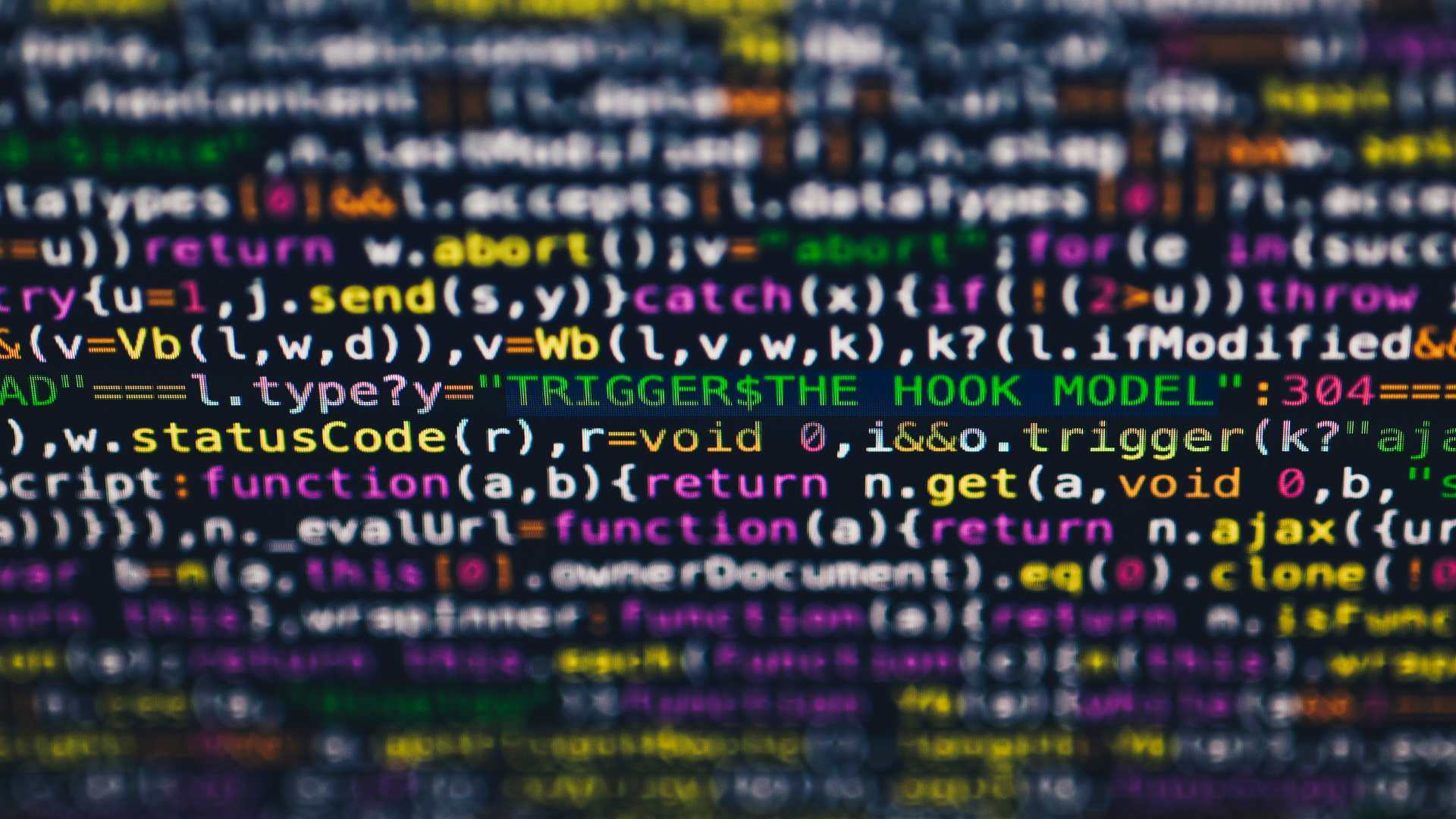June 22, 2022
House of Representatives Committee on Homeland Security: Subcommittee on Cybersecurity, Infrastructure Protection, and Innovation
Witnesses:
- Charles Robinson: Public Sector Leader in Quantum Computing at IBM
- Dr. Andrew Lohn: Senior Fellow at the Georgetown University Center for Security andEmerging Technology
- Ron Green: Executive Vice President and Chief Security Officer at MastercardInternational Incorporated
- Rob Strayer: Executive Vice President for Policy at the Information Technology Industry Council
The Subcommittee on Cybersecurity, Infrastructure Protection, and Innovation called for this hearing to address concerns on the subcommittee regarding quantum computing, artificial intelligence, 5G, the internet of things, and deep fakes.
Charles Robinson provided testimony detailing quantum computing and how to use it to ensure national security. Robinson asserted the importance of the U.S. being an early adopter in the space and emphasized the challenges posed by quantum computing for encryption systems. Though quantum computing is still about 10 years away from being able to bust encryption systems, Robinson highlighted the importance of passing bills such as the Bipartisan Innovation Act and the QUEST Act to prepare for the challenges this issue will pose in the near future.
Dr. Andrew Lohn detailed AI’s contributions and impediments to cybersecurity, noting that while AI can assist in threat prevention and detection it also can be manipulated by bad actors to reveal private data or miss a hack that is able to blend into the business as usual pattern.
Ron Green discussed the growing complexity in the landscape of what needs protection due to the decentralization of work. Green noted that companies often don’t fully understand who they are working with when signing contracts with vendors and unknowingly exposing themselves to higher risks. Due to the collective action dilemma, Green urges the importance of increasing private-public collaboration through a national cybersecurity training program led by CISA and of the federal government pushing for enhanced intelligence sharing that crosses borders and industries.
Rob Strayer discussed the need for the creation of an environment that allows for fast-paced technological innovation and risk management based security policies that don’t overregulate the industry. Strayer’s three recommendations are for Congress to
- Finalize negotiations on the Bipartisan Innovation Act
- Encourage CISA to leverage the IT Private Sector Council to better address threats to emerging technology
- Continue supporting NIST’s work on AI, 5G, and quantum computing
Committee member questions allowed for the witnesses to highlight the importance of ensuring that the U.S. doesn’t fall behind in the technology race, streamlined regulatory processes that don’t slow innovation, and public education campaigns to decrease the unintended insider threat.
Find the full hearing here





